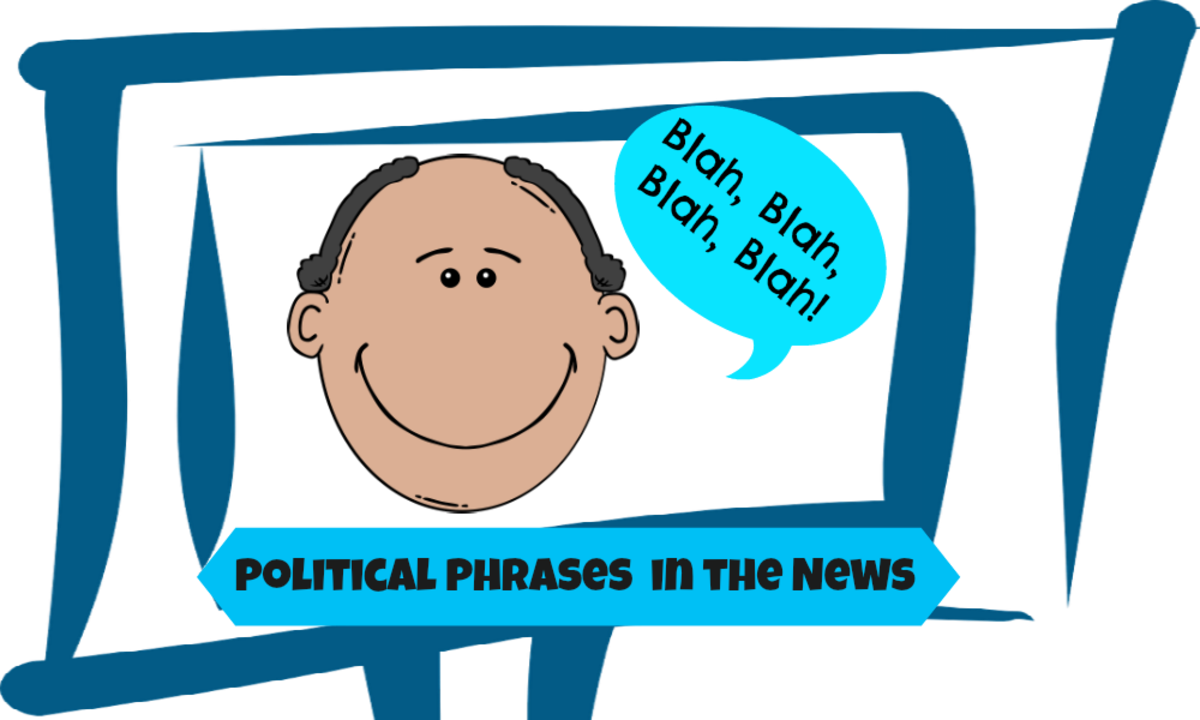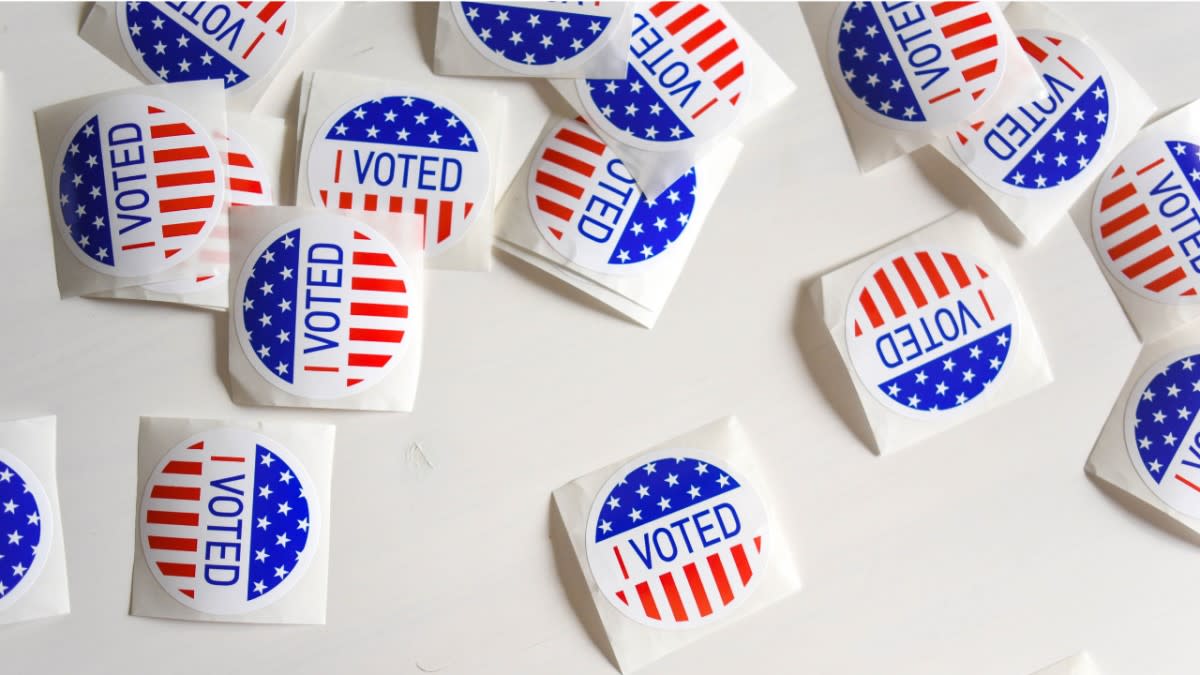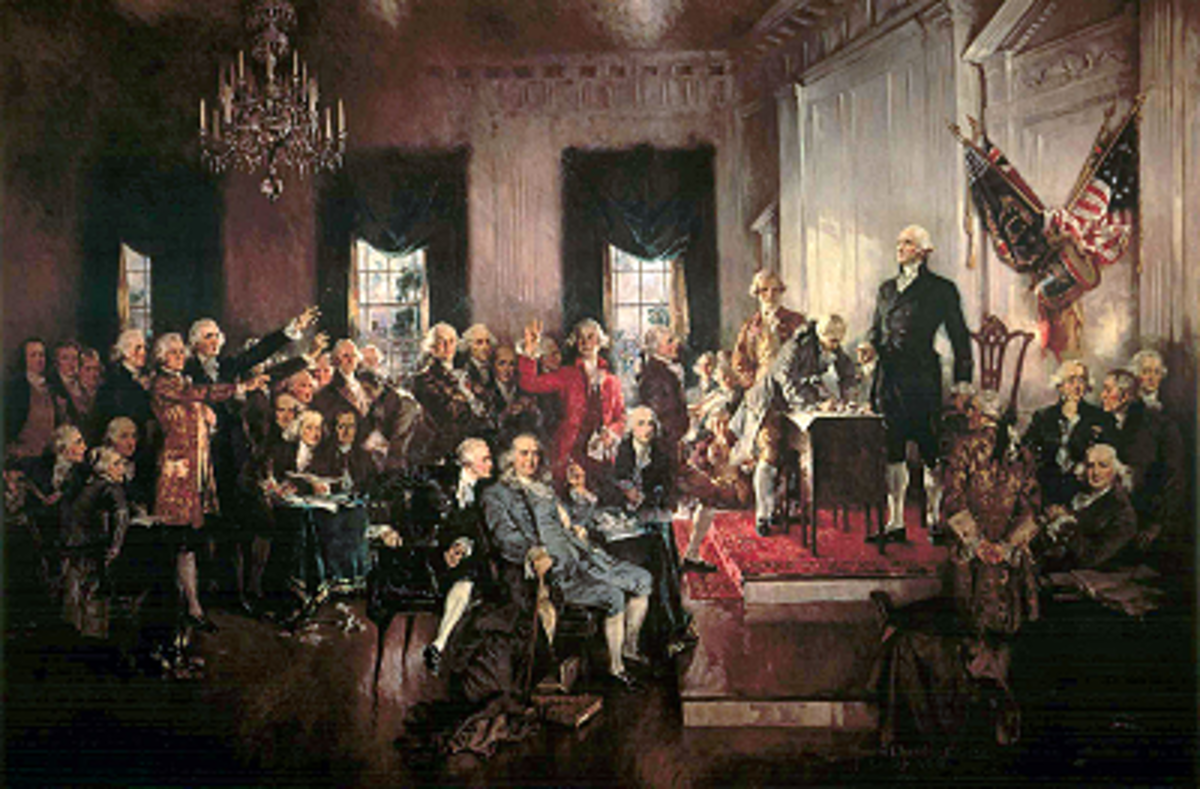What is Causing Democracy to Change?
In my essay ‘What is the future of democracy’, I proposed that a shift in our approach to democracy could delay its deterioration to something unpredictable. True, the conclusion that democracy is on the move, needs to be supported by evidence. How can we say, democracy is changing? What signs are there, to show any such thing?
Why should Democracy Change?
Democracy needs to change because there is a gap between, how, our representatives, the defacto practitioners of democracy, think, and what, its ultimate beneficiaries, the citizens, hope to achieve.
The first indication of such a void, and a sign that a change might be called for, is the way our politicians, the part of democracy that is visible the most, appear in our daily affairs.
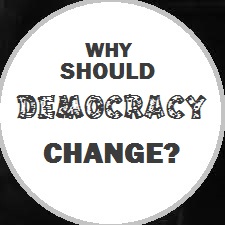
Tell tale Signs
These days, it is a common sight to see politician bashing. Whether in west or east, irrespective of presidential, military or democratic dispensation, no country is free of this entertainment. (My aim is not to belittle politicians, but the way they put try to down each other, in fact embolden all the others to do so) Nowhere else can this be seen more clearly than in the violent and widespread objections to the continuation of a few, somewhat nominal privileges, the politicians used to enjoy.
May be as a result of this, politicians in general find citizens, either not cooperating enough or disinterested with such an important task as governance. Or they find no polity, to lean to. Consequently, the politicians may also find the populace undeserving of a good, trouble free society. A proposal to make voting an essential duty of all citizens, and more or less mandatory, seems to be in the offing. (A kind of 'tit for tat' from the politicians' end?)
There are signs that a significant number of citizens do not feel that their concerns are being addressed by the mainstream parties or the political system. There are two main reasons for this. One, from the citizen’s side; they confuse government with politicians, which is because the politicians are the ones, who are more easily identifiable with governance. And two, from the politicians’ side, they take the rather lighter responsibility, when it comes to delivering governance. Rather than thinking about governance in the abstract, their rightful job, they keep themselves busy with the more attractive issues that are currently popular, even though those may be trivial. Result – Governance do not keep with the times.
This, I think is our own doing. Unlike in the past, the best of the generation do not opt for politics as a natural destination. Or, if they do, they are also deviating from the traditional, moderate outlook.

What can be Done?
This is giving rise to a layer of political dissatisfaction amongst members of the majority of people, 'the white working classes’ in some countries and, the middle class in some other. An immediate reaction to this, disengagement of a considerable part of the populace from playing their role as citizens, further accentuates it. We need to recognize the role that the well to do, educated and empowered working majority, mostly white collared, should be expected to play. Lower participation in formal democratic processes may not mean disengagement from all forms of politics. On the contrary, it should be seen as warning to alter the political processes appropriately to enable the participation of the majority. There could be many methods to see that such a thing happens, rather than forcing a huge populace to tune themselves to certain archaic systems and procedures. This, of course, might entail a shift in our basic approach to governance.
For example, many new opportunities exist to collate wants, opinions or desires of a large population if the capability of information technology is put to use. Also, appropriation of resources or other forms of wealth becomes child’s play, that too, with hardly any possibilities of dissatisfaction or mistake, in the face of the huge computing power made available by the digital revolution. Even the introduction of a new type of governance, 'real time democracy', is possible. If all citizens are connected to a central server directing the various elements of government, which is programmed to act on the input from citizens thus connected in a suitable manner, much of the present 'hardware' of democracy will be made redundant. Computer programs, in this case, shall be usurping the role of politicians who in turn can be making a graceful exit!
Just as we saw earlier, how the growth of communication made the profession of ‘commission agents’ redundant, the strides in IT have the potential to make whatever is left of politicians, fade away. In the interim, quite sharp and rather unexpected reactions can be expected from all politicians, even to events that are not very noteworthy. And some of these, mostly from those who presently are in positions of power, would be of grave consequences. These are but the gasps of a profession in its last days.
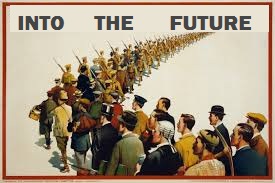
Immediate Steps?
An illustrative example of this, is whip. Whip, which we frequently use to control Members of Legislature, can be adapted suitably, to act as a good first aid.
‘Whip’ in this context, is an effective survival tool for the democracy that is severely doped with party politics, a nonlinearity introduced into the heart of the democratic processes of debates and discussions.
In fact, in the absence of the whip, there is nothing to prevent a legislative house from thinking rationally. Healthy debates and enlightening discussions can always lead to the best scenario or option. This being the approach on all matters of great significance to the countries’ welfare, it is unfathomable why a democratic government should fail to meet expectations. The practice of democracy in the ancient world had been spotless, the vast treasure of Greek classics and the clean description of ancient governments, show.
But ‘whip’ changes all that. It brings in a, rather substantial change. By severely constricting expressions of spontaneity of participants and their involvement, it relegates the heart of democracy, the debates, to a dull affair.
(Problems of democracy do not end there. We are quick to realize that our democratic institutions are not doing their job. Without second thoughts we proclaim, the below par performance of our institutions is an honest reflection of the low quality of our representatives, the ones who constitute such institutions. That puts the ‘ball’ in the people’s court, the blame of course, transferred to the ones who elected the representatives in the first place. People, it should be remembered, can only elect the best of the candidates, and therefore, we need to make whatever changes necessary to make people of caliber choose politics as a natural option. This part needs to be analyzed further)
Should we continue with the whip? Discontinuing it will, also, as an icing on the cake, put an end to party politics. Of course, another way too exists, to escape from ‘whip’. If we make necessary changes to the rules of governance to stipulate that a government, once elected, will serve its full term of office, unless, a) resigns or b) gets defeated by an explicit motion of no confidence, the ‘whip’ shall become largely unnecessary. That such an act will make the parliamentary discussions and debates livelier as well as scholarly, and also will be attracting, naturally, the cream of the intelligentsia, are only some the immediate benefits.



